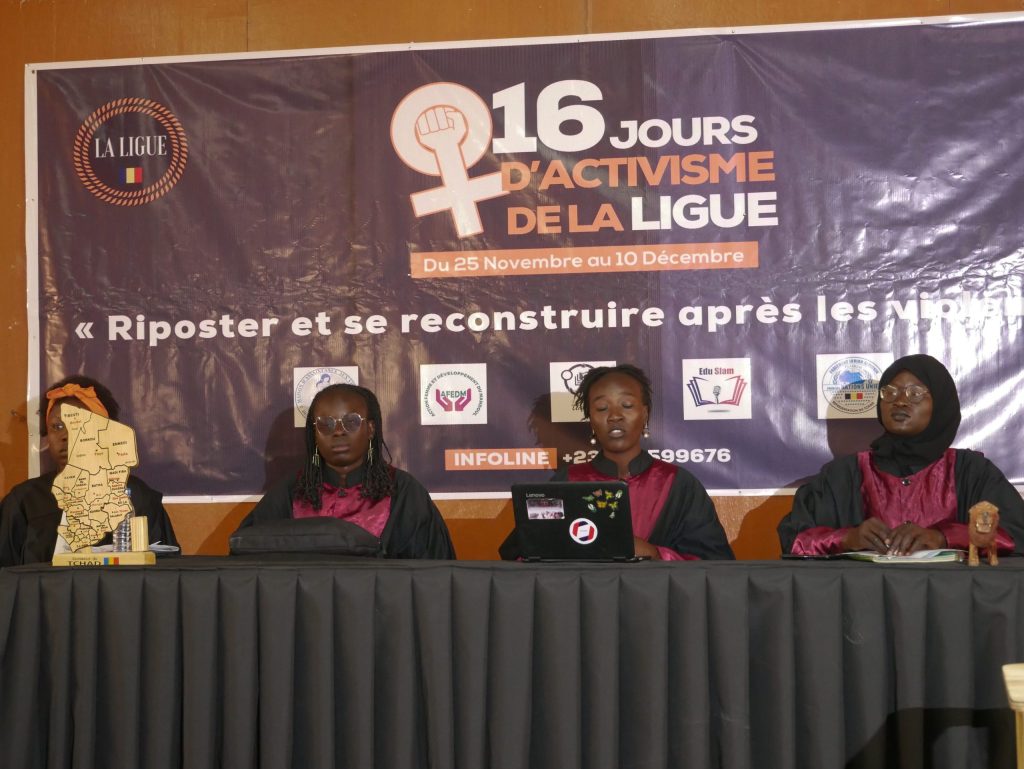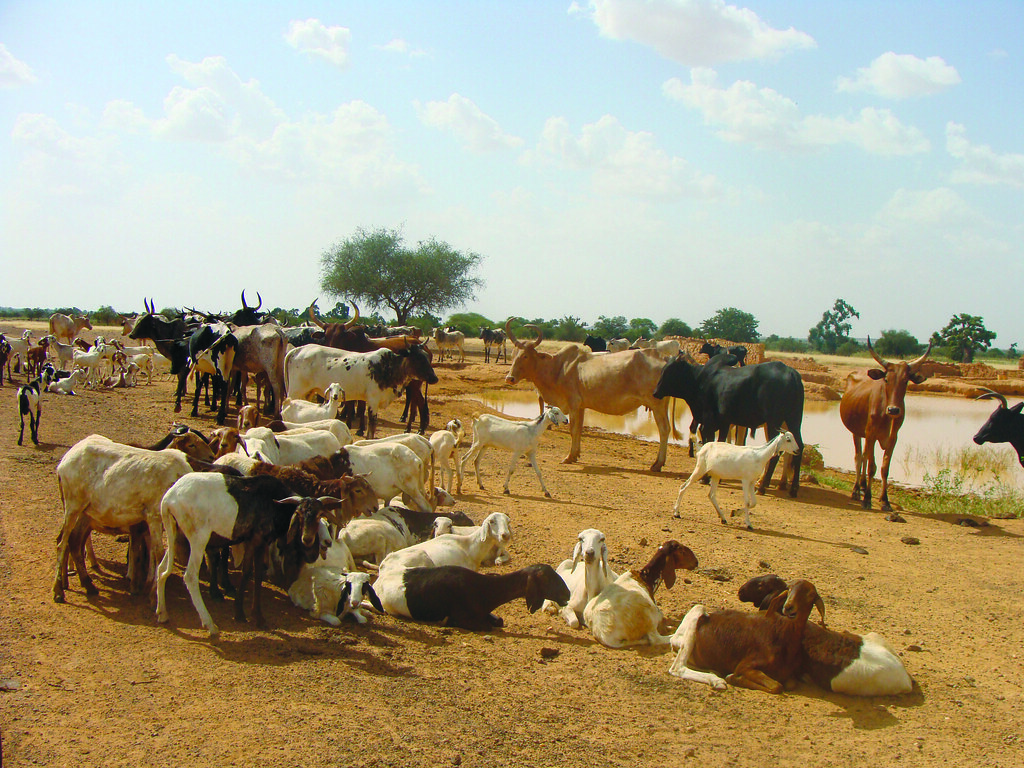Known for its security unrest and legendary socio-political instability, Chad experienced one of the bloodiest rebel group assaults in history in March 2021 of the Front pour l’Alternance et la Concorde au Tchad (FACT – Front for Alternation and Concord in Chad), in which President Marechal Idriss Déby was killed.
On Tuesday 21 March 2023, after more than six months of trial behind closed doors at the Klessoum prison in N’Djamena, the courts sentenced the leader of the Fact, Mahamat Mahadi Ali, to life imprisonment in absentia for terrorism and the assassination of President Idriss Déby. More than 400 other rebels arrested during the attack in Kanem (northern Chad) that could have led to the death of Idriss Déby were sentenced on 21 March by the Chadian courts. Only 24 people were acquitted. While the government did not communicate about the verdict, on social networks, Internet users described it as a parody of a trial, especially since the rebel group was asked to pay 20 billion CFA francs in damages to the state and 1 billion CFA francs to the beneficiaries of the late President Idriss Déby, a sum determined by the practice of Dia (blood money). But how can one pay Dia in a court decision in a so-called secular state? Internet users ask.
Let’s go back in time. In October 2019, while closing the 4th edition of the governors’ conference, the late President Idriss Déby declared the end of the practice of the Dia. For the late President, “This practice is anti-republican, because it anaesthetises public action by a simple inter-community arrangement.” The Dia can also be seen as a licence to kill for those who have the financial means to take the lives of their fellow citizens and pay afterwards.
After the verdict, one of the rebels’ lawyers, Me Lokouldé Francis, was not surprised that this trial was nothing more than a political trial: “When politics enters through the big door, justice leaves through the small window.”
Where are we with the investigation of the death of Idriss Déby?
After the death of Chad’s Marshal Idriss Déby, the African Union demanded an independent investigation to determine the responsibilities and circumstances of Idriss Déby’s death. However, to this day it is still unclear where this investigation stands. The transitional authorities are not talking about it, nor the family of the late President Déby.
In an interview given to the radio station Voice of America the day after the verdict of his life sentence in absentia by the Chadian justice system, the rebel leader of FACT does not attach any importance to the subject. For him, this trial ‘is a non-event’, he says. Further on, in the same interview, Mahamat Mahadi Ali refutes the allegations that FACT killed Idriss Déby : “We learned about Déby’s death on the news like everyone else. It is up to those who were with him on the frontline that day to say who killed him,” he says.
25 March, 4 days after the court decision sentencing more than 400 FACT rebels to prison, President Mahamat Idriss Déby pardons 380 rebels. Those sentenced in absentia are not included. FACT leader Mahamat Mahdi Ali is among them. But this will not change the attitude of the rebel leader. Francis Lokouldé, a lawyer for FACT, is relieved that a large group has been pardoned but does not understand why this does not apply to everyone. Speaking to Radio France International, he says: “It is difficult to understand because if the presidential pardon were to be granted to all the accused, it could have been better. In this case, however, a ruling has been given.” The lawyer adds: “We would like all those convicted in this trial to be pardoned. So, if this is a policy of reaching out to the government, we want it to be general.”
The question that remains unanswered: If FACT does not recognise itself in the death of Idriss Déby, who killed him?

A computer scientist trained at HEC TCHAD, Zyzou was a computer graphics designer and then in charge of publishing at Editions Sao (a book publishing house) for five years (until 2015). Activist blogger. Youth ambassador of UNFPA Chad. Member of the Youth Council (US Embassy Chad). In charge of cultural affairs at the Chad Plus association, which led him to make several trips to Tunisia, Indonesia and Senegal. Very concerned by human rights issues, he left everything to study law in 2015 (Faculty of Legal and Political Sciences at the University of N’djamena).





